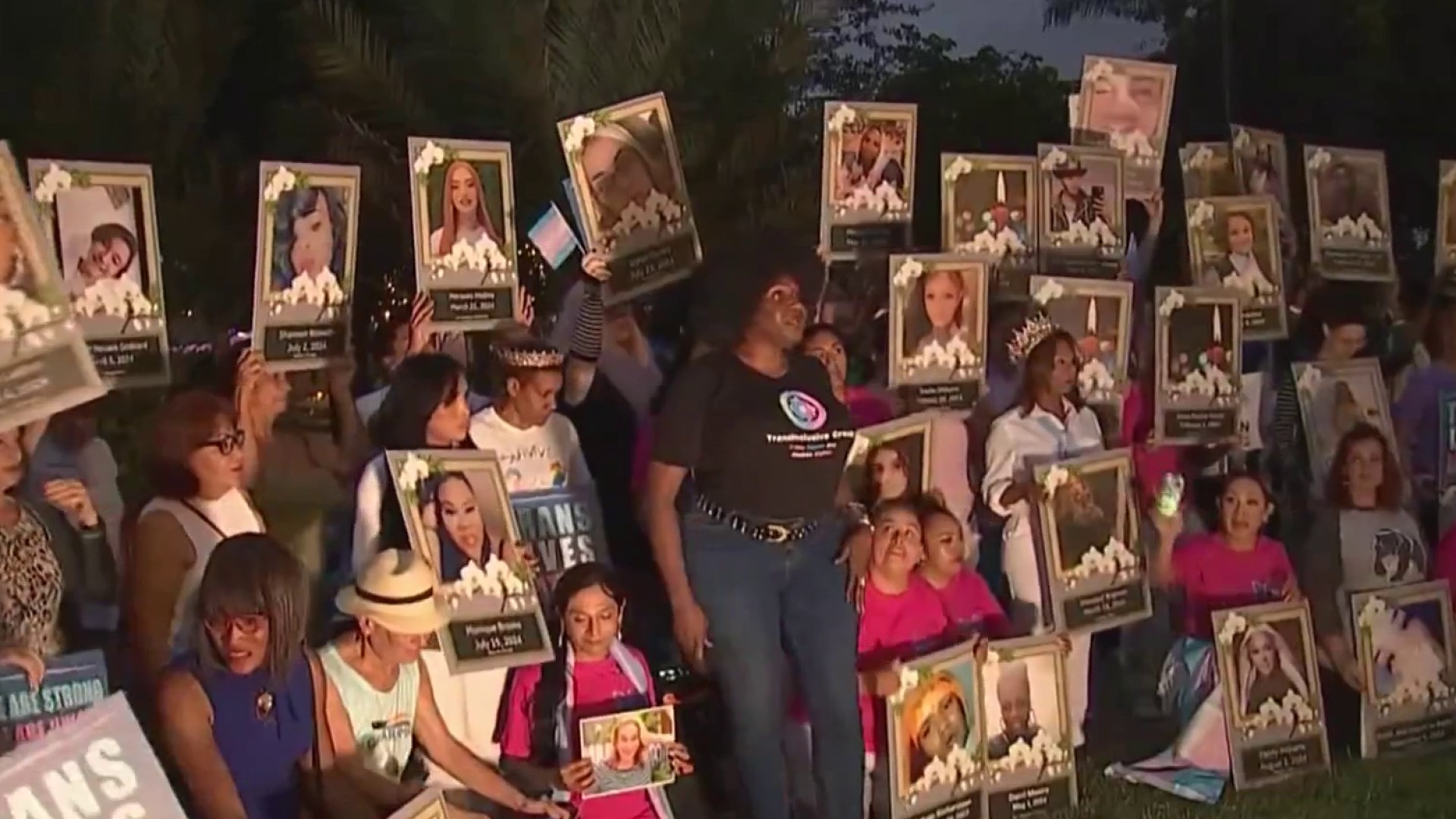Nine people, including four children, were hospitalized early Thursday morning after fire crews detected higher than normal levels of carbon monoxide inside a home in Margate, officials said.
While everyone was in stable condition following the incident, all nine were taken to various hospitals in the area over possible carbon monoxide poisoning.
Watch NBC6 free wherever you are
According to the Centers for Disease Control and Prevention, every year, at least 420 people die in the U.S. from accidental CO poisoning, more than 100,000 people visit the emergency room and more than 14,000 people are hospitalized.
But there are steps you can take to help protect yourself and your loved ones from CO poisoning.
Get local news you need to know to start your day with NBC 6's News Headlines newsletter.
Here's what you need to know:
What is Carbon Monoxide?
Carbon monoxide, or “CO,” is an odorless, colorless gas that can kill you.
Local
Where is CO produced in your home?
According to the CDC, there are several ways carbon monoxide can be produced in your home.
- Faulty gas appliances like furnaces, water heaters, dryers, stoves, gas space heaters and fireplaces.
- Other causes are burning charcoal indoors and indoor use of portable gas camp stoves, generators or gas heaters meant for outdoor use only.
- Another source of CO is cars left running in attached, closed garages.
- Electrical stoves, water heaters, toasters and heaters do not produce CO.
CO from these sources can build up in enclosed or partially enclosed spaces. People and animals in these spaces can be poisoned and can die from breathing CO.
What are the symptoms of CO poisoning?
The most common symptoms of CO poisoning are headache, dizziness, weakness, upset stomach, vomiting, chest pain, and confusion.
CO symptoms are often described as “flu-like.” Breathing in too much CO can make you pass out or kill you.
People who are sleeping or drunk can die from CO poisoning before they have symptoms, the CDC says.
Who is at risk from CO poisoning?
Everyone is at risk of CO poisoning, but infants, the elderly, people with chronic heart disease, anemia, or breathing problems are more likely to get sick.
How can I prevent CO poisoning in my home?
According to the CDC, CO poisoning is entirely preventable. Here are some tips:
- Have your heating system, water heater and any other gas, oil, or coal burning appliances serviced by a qualified technician every year.
- Check or change the batteries in your CO detector every six months.
- Never leave the motor running in a vehicle parked in an enclosed or partially enclosed space, such as a garage.
- Keep vents and flues free of debris. Debris can block ventilation lines.
- Never run a motor vehicle, generator, pressure washer, or any gasoline-powered engine less than 20 feet from an open window, door, or vent where exhaust can vent into an enclosed area.
- Never use a charcoal grill, hibachi, lantern, or portable camping stove inside a home, tent, or camper.
- Never run a generator, pressure washer, or any gasoline-powered engine inside a basement, garage, or other enclosed structure, even if the doors or windows are open.
- If you suspect CO poisoning, call 911 or a health care professional immediately.
What should I do when the CO alarm goes off?
If the CO alarm goes off, you and any other occupants should evacuate the premises immediately.
Call 911 from outside the home and stay there until emergency services say it’s OK to go back inside.
If the source of the CO is identified by emergency services, do not use that item until it’s been checked out by a service professional.



